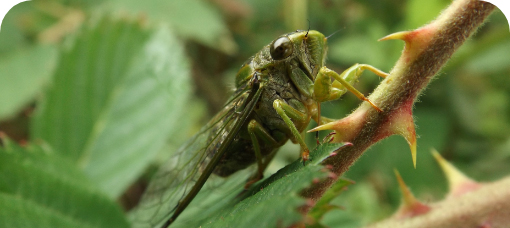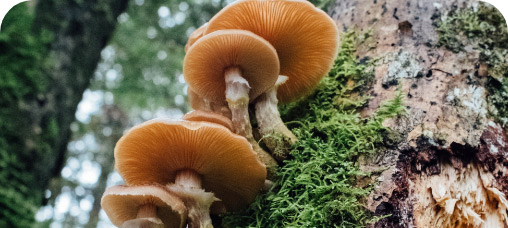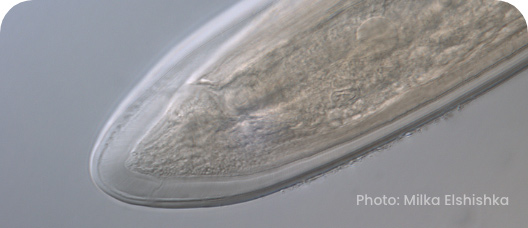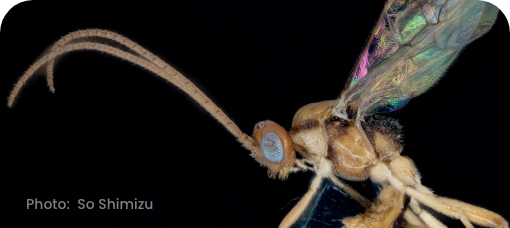In addition to the application for the open call projects, there is a possibility to publish novel types of articles demonstrating (re)-usage of linked biodiversity data in dedicated article collection in the Biodiversity Data Journal (Impact Factor: 1.54, contact: bdj@pensoft.net).
The types of articles that can be published and the conditions for publication are as follows:
The data used in the articles must comply with the Data Quality Checklist and Fair Data Checklist available in the Authors’ instructions of the journal.
The authors are expected to use explicit Globally Unique Persistent and Resolvable Identifiers (GUPRI) or other persistent identifiers (PIDs), where such are available, for the different types of data they use and/or cite in the manuscripts (specimens IDs, sequence accession numbers, taxon name and taxon treatment IDs, image IDs, etc.)
Manuscripts must use data linked between at least two of the BiCIKL’s partnering research infrastructures (e.g. GBIF, BOLD, DiSSCo, Zenodo, INDSC (ENA), PlutoF, OpenBiodiv, TreatmentBank, Biodiversity Literature Repository, Biodiversity Heritage Library, SiBILS, Catalogue of Life). Highly welcome are also submissions that include additional data from research infrastructures which are not part of BiCIKL (e.g. iDigBio, OBIS, Atlas of Living Australia, Encyclopedia of Life, GLOBI).
Global taxon reviews in the form of “cyber-catalogues'' are welcome if they contain links of the key data elements (specimens, sequences, taxon treatments, images, literature references, etc.) to their respective records in external repositories. Taxon names in the text should not be hyperlinked. Instead, under each taxon name in the catalogue, the authors should add external links to, for example, Catalogue of Life, nomenclators (e.g. IPNI, MycoBank, Index Fungorum, ZooBank), taxon treatments in Plazi’s TreatmentBank or other relevant trusted resources.
Taxonomic papers (e.g. descriptions of new species or revisions) must contain persistent identifiers for the holotype, paratypes and at least most of the specimens used in the study.
Specimen records that are used for new taxon descriptions or taxonomic revisions and are associated with a particular Barcode Identification Number (BIN) or Species Hypothesis (SH) should be imported directly from BOLD or PlutoF, respectively, via the ARPHA Writing Tool data-import plugin.
More generally, individual specimen records used for various purposes in taxonomic descriptions and inventories should be imported directly into the manuscript from GBIF, iDigBio, or BOLD via the ARPHA Writing Tool data-import plugin.
In-text citations of taxon treatments from Plazi’s TreatmentBank are highly welcome in any taxonomic revision or catalogue. The in-text citations should be hyperlinked to the original treatment data at TreatmentBank.
Hyperlinking other terms of importance in the article text to their original external data sources or external vocabularies is encouraged.
Tables that list gene accession numbers, specimens and taxon names, should conform to the Biodiversity Data Journal’s linked data tables guidelines.
Theoretical or methodological papers on linking FAIR biodiversity data are eligible for the BiCIKL collection if they provide real examples and use cases.
Data papers or software descriptions are eligible if they use linked data from the BiCIKL’s partnering research infrastructures, or describe tools and services that facilitate access to and linking between FAIR biodiversity data.
Data papers describing omics data should use the omics data paper workflow (see also https://doi.org/10.1093/gigascience/giab034).
Manuscripts that contain or describe any other novel idea or feature related to linked or semantically enhanced biodiversity data will be considered too.
We recommend authors to get acquainted with these two papers before they decide to submit a manuscript to the collection:
Researchers will learn to formalise their narratives by using community agreed standards for terms, ontologies and vocabularies. Also, researchers will be asked to use explicit persistent identifiers where these exist. Research questions based on such, semantically enriched data, are for example:
How linking taxa or OTUs in my study to external data will contribute to a better understanding of the functions and regional/local processes within faunas/floras/mycotas or biotic communities;
How my and other researchers' data and narratives (e.g. specimen records, sequences, traits, biotic interactions, etc.) can be re-used to support more extensive and data-rich studies;
How to streamline taxon descriptions and inventories including such based on genomic and barcoding data;
How general conclusions, assertions and citations in my article can be expressed in a formal, machine-actionable language;
Others, taxon- or topic-specific research questions that will benefit from richer, semantically enhanced FAIR data.











